McLaren team principal Andrea Stella has demanded that the FIA "do better", following Lando Norris' "peculiar" penalty in the Qatar Grand Prix.
Norris sat in second behind Max Verstappen for the majority of the race at the Lusail International Circuit, before being punished with a 10-second stop/go penalty on lap 44/57.
The McLaren driver received the heavy penalty for failing to slow under yellow flags, which were required due to a stricken wing mirror on the start/finish straight.
He rejoined in last after serving the penalty, but recovered to score two points for the team after claiming P10 and the fastest lap.
Stella had no issue with Norris receiving a penalty, and acknowledged that the data showed Norris failed to slow down.
"So we checked the data," Stella told Sky Sports F1. "Effectively, Lando stays flat out.
"We have to say that the sector appeared yellow as soon as Lando had entered the sector, But the requirement is very clear.
"You need to lift, and his responsibility of the driver to recognise that you are in a yellow sector, and you need to back off."
Viewed by others:
Stella calls for new penalty approach
Whilst Stella accepts Norris deserved a penalty, what he disagrees with is the severity of the punishment.
Norris' penalty was the second-hardest a driver can receive, with the worst being a black flag.
What confuses Stella, is that the wing mirror remained on the circuit for several laps, with the yellow flags having later been removed despite the debris remaining on circuit.
Eventually, a safety car was triggered, as Valtteri Bottas drove over the wing mirror, which shattered across the circuit and caused a puncture for Carlos Sainz and Lewis Hamilton.
Stella has called for the governing body to stop awarding penalties solely by the rule book, and instead determine the severity of the crime based on the actual incident.
"I think it's quite peculiar that the yellow flag was deployed and then was removed, but actually, the situation in that sector was the same," explained Stella. "There was debris on track, but sometimes it deserved a yellow flag, and in a few seconds after it didn't, which is just unfortunate.
"And then I think in the application of the penalty, I think we have lost any sense of proportion and any sense of specificity. Can we look specifically at the infringement, at the level of danger associated to the situation.
"And in fact, the yellow flag was removed, and then judge [the incident] using this kind of elements, proportion and specificity, rather than taking a look at any kind of rule book, probably full of dust on top of it, and then apply it without any sense of critical approach.
"So, from this point of view, I think there's an opportunity to do better from the FIA."
Most read
In this article
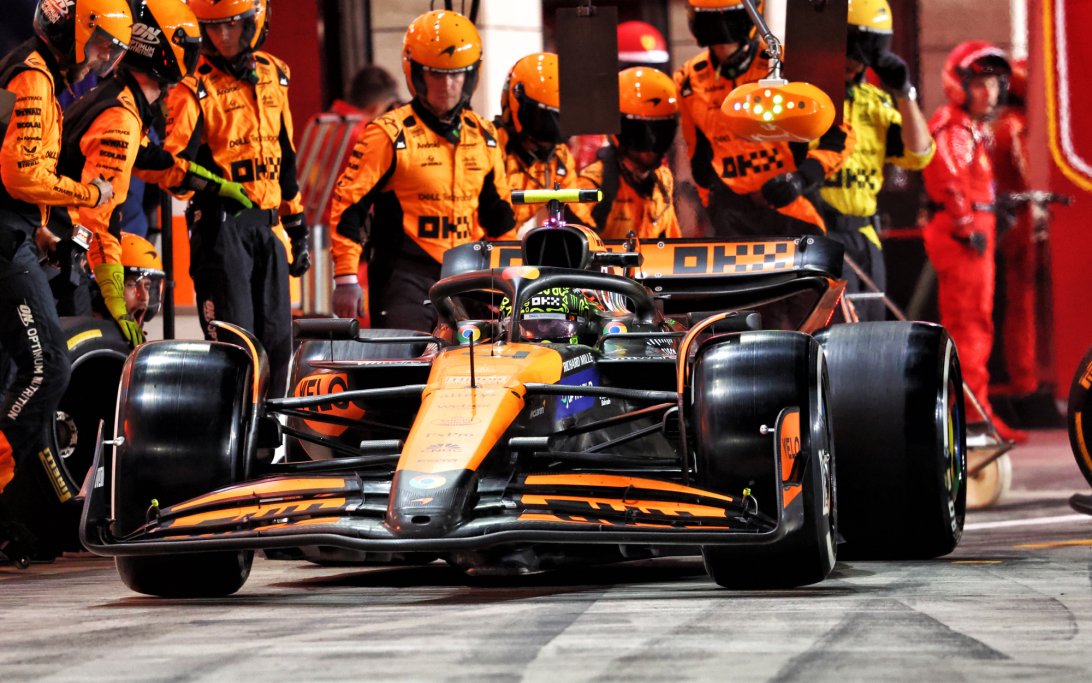
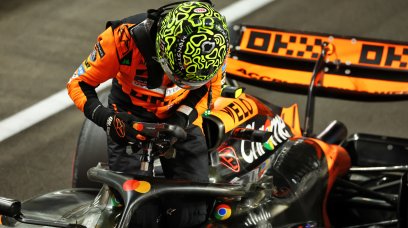
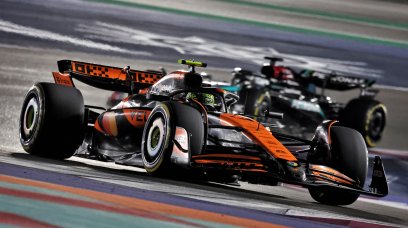
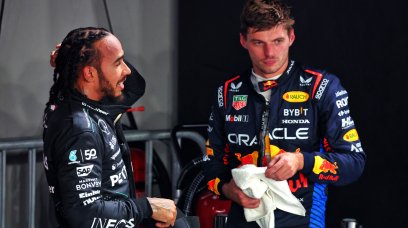
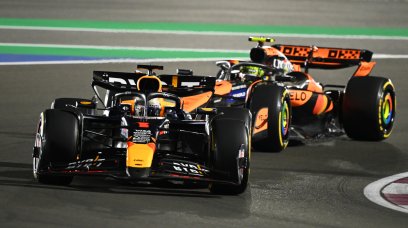
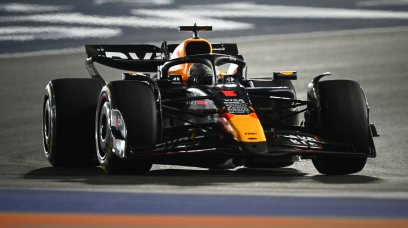
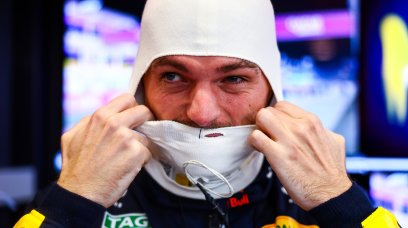



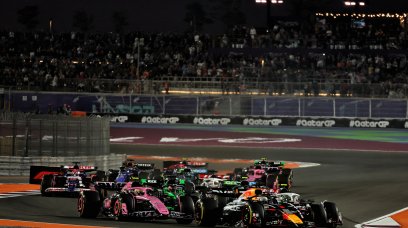
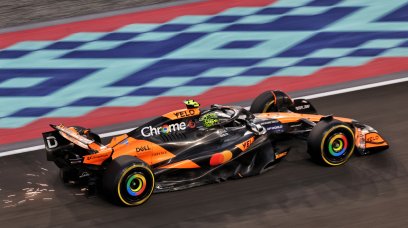













Join the conversation!